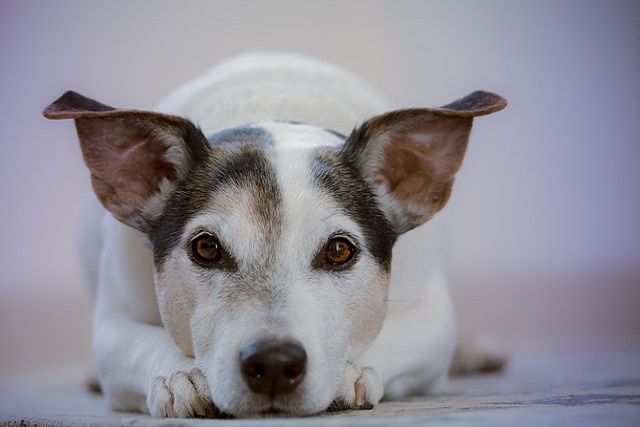When your dog is scratching constantly or showing signs of irritated skin, finding the right soap can feel like searching for a needle in a haystack. It’s not just about getting them clean—you’re looking for a solution that soothes, heals, and prevents further issues. But with shelves full of options, how do you choose?
First off, skip anything with artificial fragrances, dyes, or harsh chemicals. These ingredients might make the soap smell nice to you, but they can turn a dog’s sensitive skin into a flare-up nightmare. Remember, their skin pH is different from ours, so human soaps are usually too acidic or alkaline for them. Think of it like using industrial cleaner on a silk shirt—wrong tool, wrong outcome.
Look for natural ingredients like oatmeal, which acts as a gentle exfoliant and anti-itch agent. Aloe vera is another superstar, known for its hydrating and anti-inflammatory properties. Coconut oil-based soaps are great too, providing moisturization while helping to restore the skin’s natural barrier. Some soaps even include tea tree oil, though use caution—while it has antibacterial benefits, it’s toxic if ingested, so make sure it’s formulated specifically for topical use on dogs.
Before committing to a full bath, do a patch test. Apply a small amount of the soap on an inconspicuous area like the back of their leg. Wait 24 hours to check for any adverse reactions. If there’s no redness, swelling, or extra scratching, you’re probably in the clear.
 In many regions, pet product regulations ensure that labels clearly list ingredients and potential hazards. Always double-check that the soap you choose complies with local standards. Avoid bargain products that cut corners on safety, as treating a reaction will cost you more time and money in the long run.
In many regions, pet product regulations ensure that labels clearly list ingredients and potential hazards. Always double-check that the soap you choose complies with local standards. Avoid bargain products that cut corners on safety, as treating a reaction will cost you more time and money in the long run.
For severe skin conditions, consult your vet first. They might prescribe a medicated shampoo or recommend specific over-the-counter options. Self-medicating with random soaps can worsen the problem, and in some areas, improper use of certain ingredients violates animal welfare guidelines.
Bathing frequency matters too. While it’s tempting to wash your itchy pup daily, over-bathing strips the skin of natural oils, making the problem worse. Stick to once every 1 - 2 weeks, or as advised by your vet. After the bath, rinse thoroughly—leftover soap residue can irritate skin just as much as the initial problem.
Popular brands often have a reputation for a reason. Look for products backed by positive reviews from other dog owners who’ve dealt with similar issues. Real-life experiences can tell you more about a soap’s effectiveness than flashy marketing claims.
Taking care of your dog’s skin isn’t just about vanity—it’s a crucial part of their overall health. Choosing the right soap shows you’re willing to go the extra mile to keep them comfortable and happy. With a bit of research and patience, you’ll find the perfect soap to help your furry friend feel like themselves again.

 In many regions, pet product regulations ensure that labels clearly list ingredients and potential hazards. Always double-check that the soap you choose complies with local standards. Avoid bargain products that cut corners on safety, as treating a reaction will cost you more time and money in the long run.
In many regions, pet product regulations ensure that labels clearly list ingredients and potential hazards. Always double-check that the soap you choose complies with local standards. Avoid bargain products that cut corners on safety, as treating a reaction will cost you more time and money in the long run.



